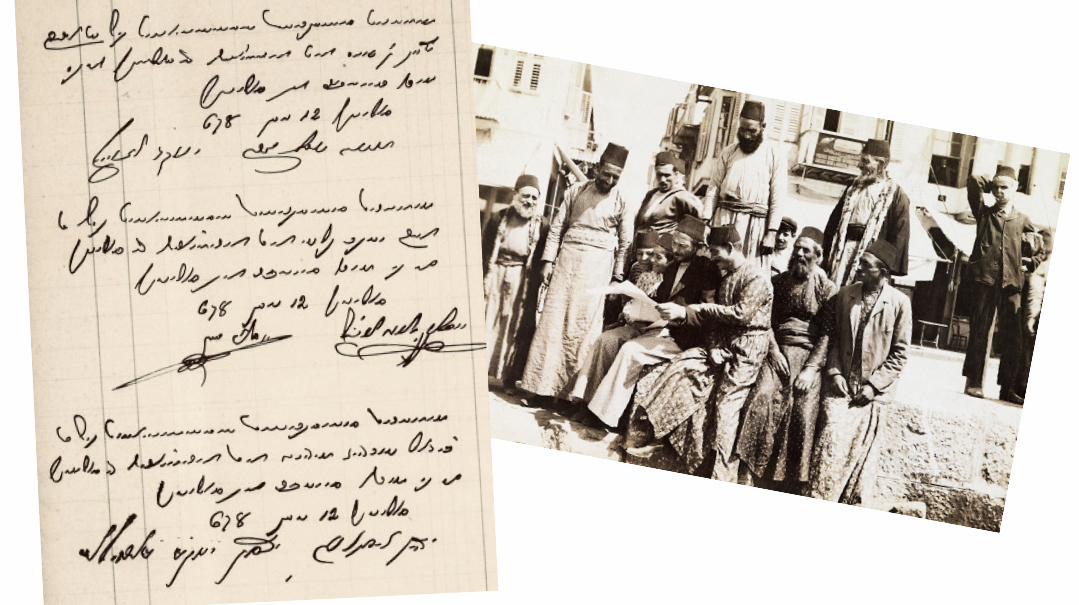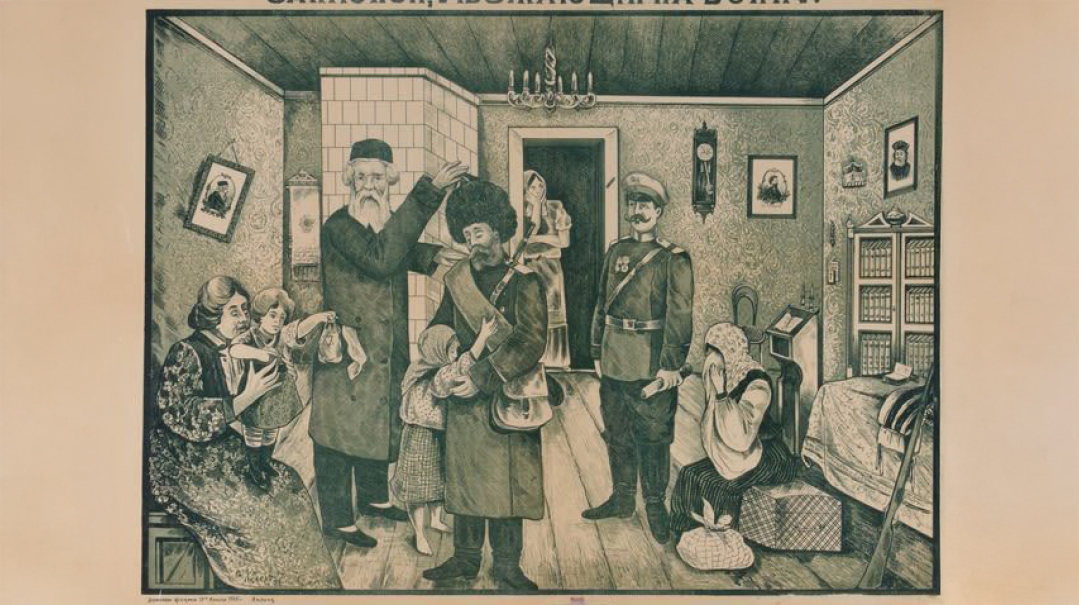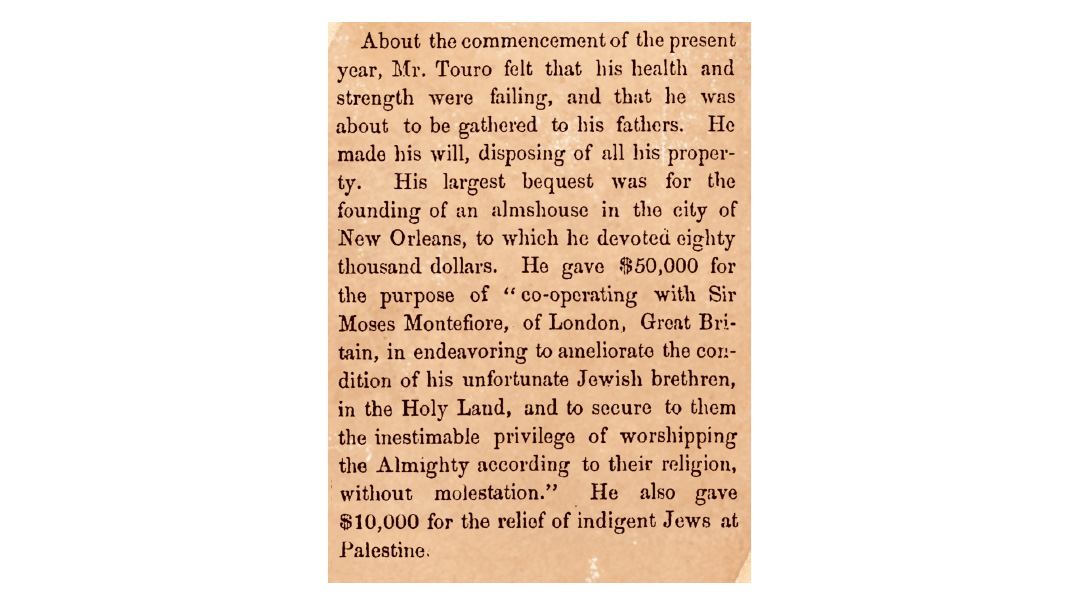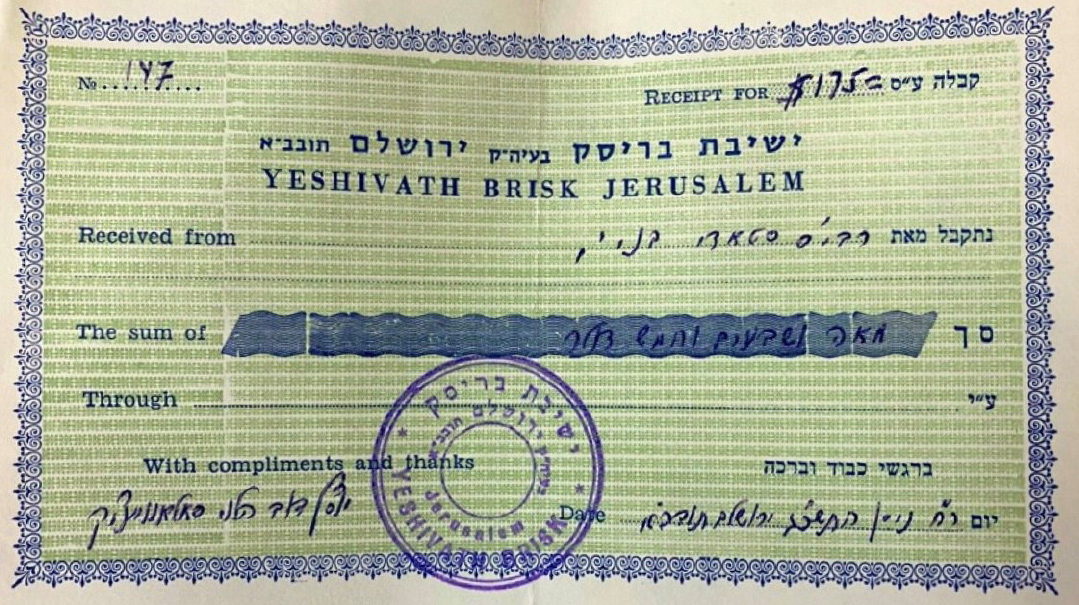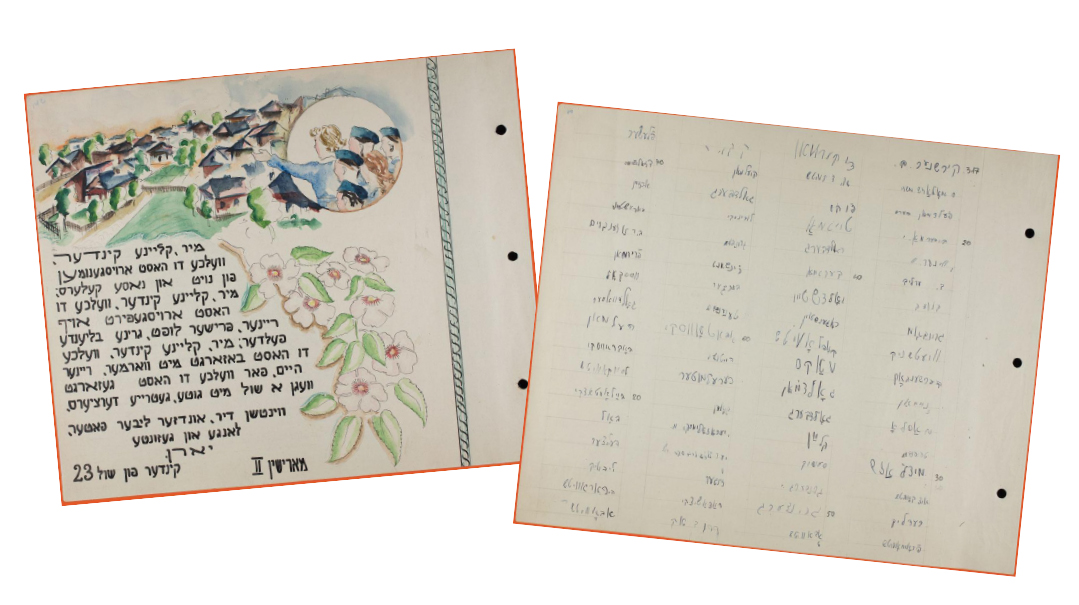Heckler in the Heights
| January 25, 2022The prime minister seemed unfazed. “It’s all right. I can assure you that we have people like this with us [in Israel] as well”
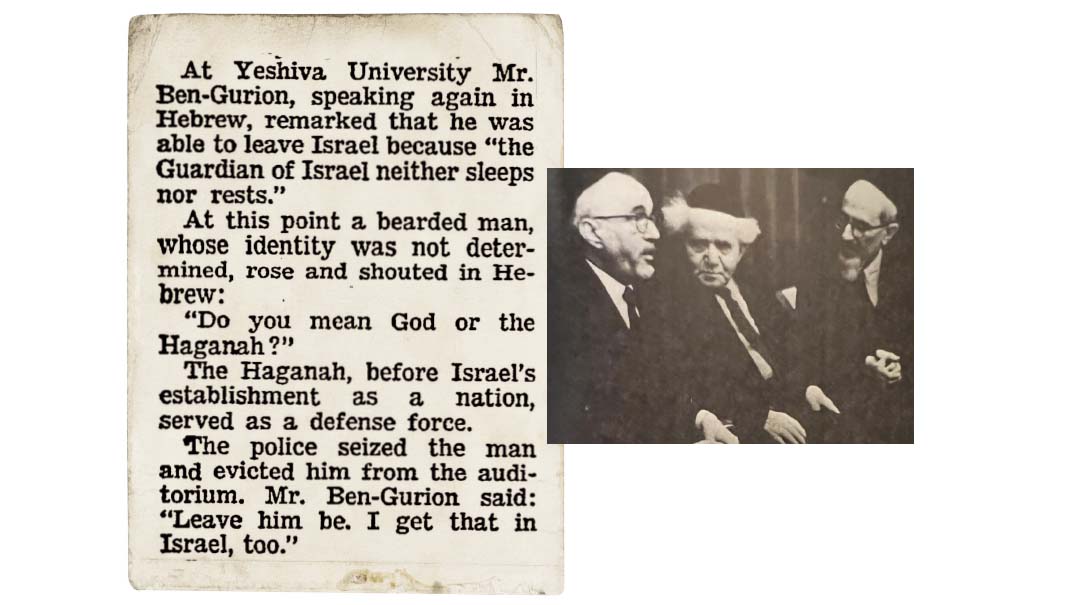
Title: Heckler in the Heights
Location: Washington Heights, Manhattan
Document: The New York Times
Time: March 1960
The founding of the State of Israel in 1948 highlighted the clash between religion and modern secular democracy. And so it was at Yeshiva University on March 16, 1960, when Prime Minister David Ben-Gurion arrived to deliver a speech to a largely religious audience as part of his nine-day US trip. Apart from the diplomatic necessities of the visit, he took the opportunity to meet the largest Jewish community in the world.
Earlier that day the Israeli premier had delivered a speech to the faculty and students of the Jewish Theological Seminary. He was presented with a photostatic copy of the oldest artifact in the vaunted Seminary library, which was, ironically, a nearly 700-year-old manuscript of Maseches Avodah Zarah from Ubeda, Spain.
The lead-up to the YU event was somewhat contentious. Rabbi Joseph Breuer of the neighboring Kahal Adath Jeshurun had expressed his disappointment at the university for hosting Ben-Gurion. Former Yeshiva College dean Moses Isaacs was one of the few faculty members who decided to boycott the event. A dedicated Agudist, he asserted, “All my life I’ve been against what this man stood for, and I’m not going to change now by honoring him.”
While more than 2,000 VIP guests, faculty, and students packed the Nathan Lamport Auditorium, hundreds were turned away due to lack of space. After meeting privately with Rav Soloveitchik and YU president Dr. Samuel Belkin, Ben-Gurion was introduced to a cheering crowd.
His opening remarks referred to his hosts simultaneously as Yeshiva University and University Yeshiva, signaling to his audience his willingness to be provocative. Ben-Gurion expressed his confidence in the impending achievement of universal peace, and urged students to spend a year studying in Israel.
Ben-Gurion then summarized the precarious security situation in the young country, emphasizing that the Knesset in Yerushalayim sat within firing range of the Jordanian border. About ten minutes into the half-hour speech, he declared, “We have whom to rely upon, for the guardian of Israel neither slumbers nor sleeps.”
Amid the applause, a lone voice demanded with much temerity, “Do you mean G-d or the Haganah?”
Pandemonium erupted and the anonymous bearded protester was promptly escorted to the exit by the NYPD, with the assistance of students.
The prime minister seemed unfazed. “It’s all right. I can assure you that we have people like this with us [in Israel] as well.”
While Ben-Gurion was used to such rebuttals (in the Knesset it was the norm), the incident was hardly ignored by the American media. The New York Times and a host of major media outlets picked up the story, as did practically every Jewish publication in the country. While some speculated who Ben-Gurion’s mysterious bearded interrupter might have been, he was never conclusively identified.
Who is a Jew?
Shortly prior to his US visit, the great “Who is a Jew” debate rocked the Israeli government. The dilemma of Jewish identity lay at the flashpoint between religion and nationalism. Ben-Gurion took the unprecedented step of posing the question to 51 “chachmei Yisrael” — Orthodox rabbis, Jewish leaders, and intellectuals in Israel and around the world. Among the American Orthodox leaders who responded were Rav Yosef Dov Soloveitchik, Rav Chaim Heller, Rav Aharon Kotler, and the Lubavitcher Rebbe.
Diplomatically Disappointed:
Not everyone was happy with the reaction to the heckling incident. In a letter to the YU Observer, Professor Otto Karsh criticized the forceful ejection of Ben-Gurion’s interlocutor:
This interruption may have been in poor taste because the Prime Minister was our guest and he was sharing his thoughts with us. However, the way this member of our audience was rushed from the hall cannot be easily forgiven. It is one thing to be concerned with the safety of the Prime Minister. It is another to mistreat a citizen who expresses possible disagreement.
Thank you to Rabbi Dr. Aaron Rakeffet-Rothkoff and David Selis for their assistance with this column.
(Originally featured in Mishpacha, Issue 896)
Oops! We could not locate your form.
